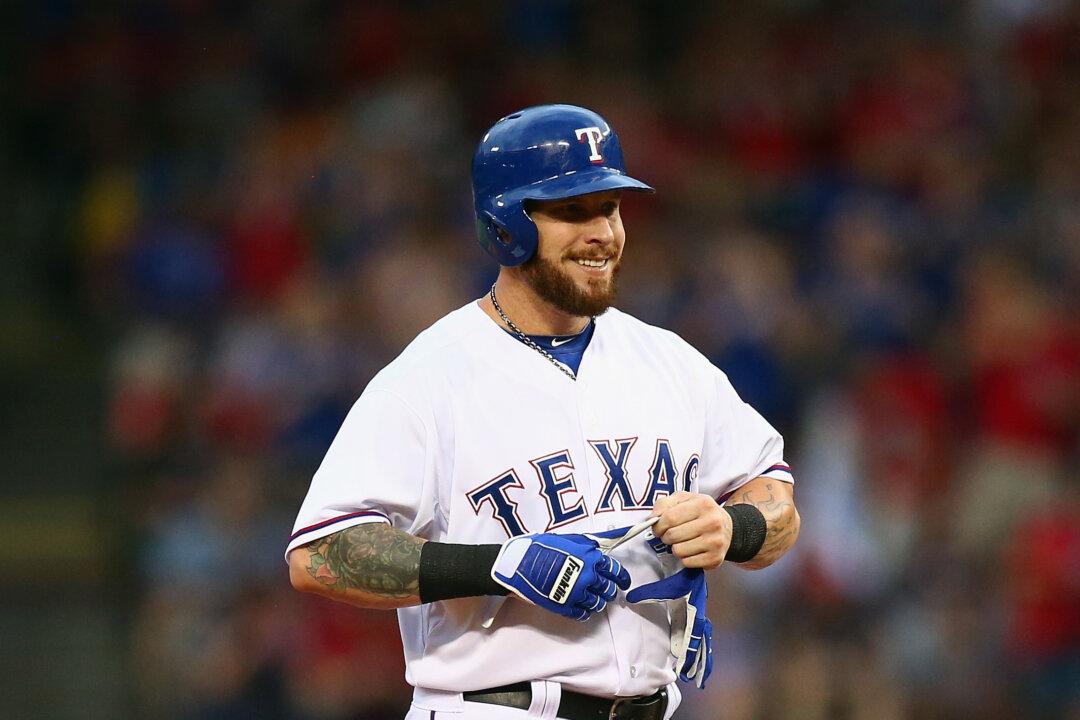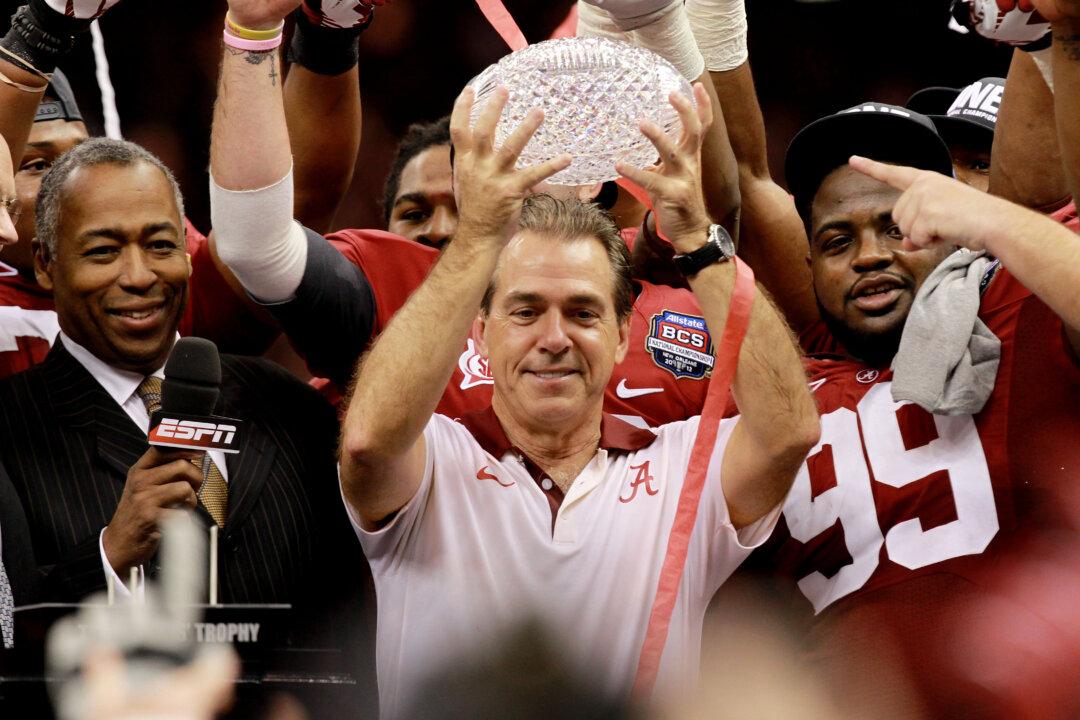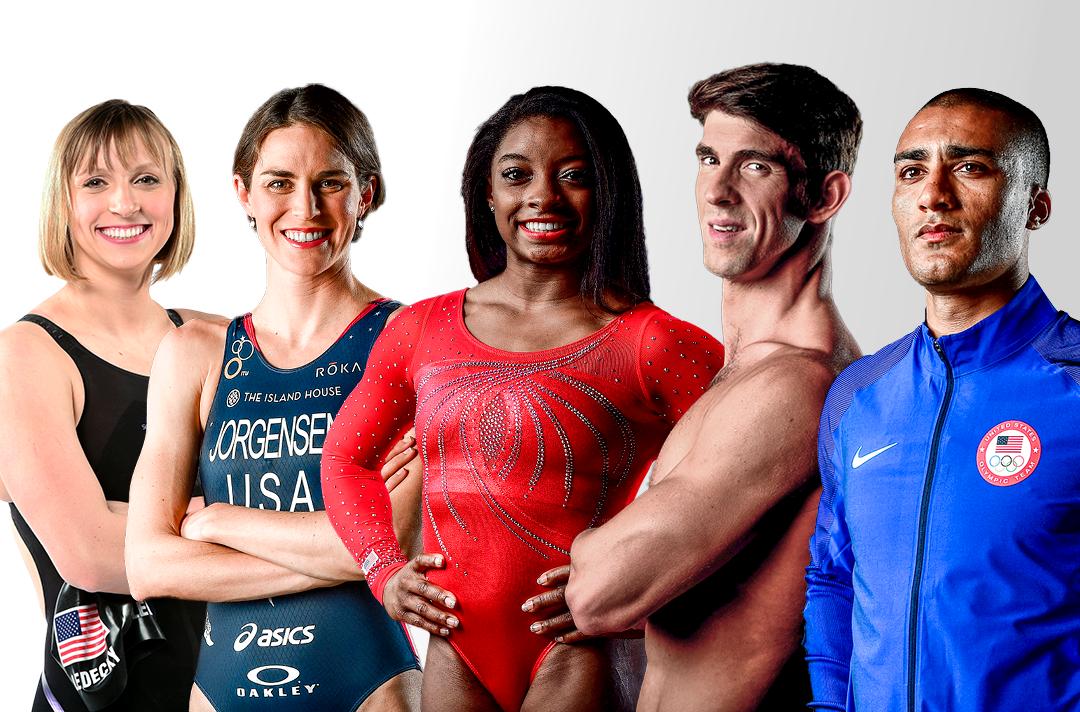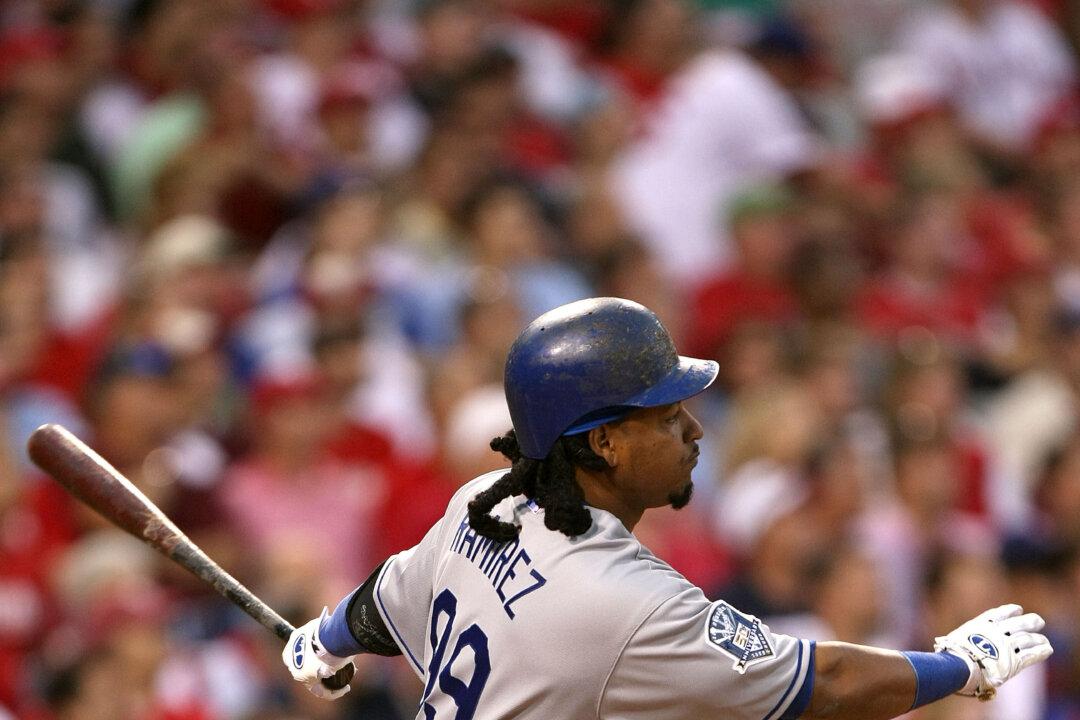What’s worse than going overboard in free agency and committing $125 million to a player who doesn’t produce? Apparently, it’s to compound the issue by convincing another team to take him on in a trade—which requires you to pay the majority of his remaining contract—and then watching him flourish for his new team—your division rival.
Just ask the Los Angeles Angels.
Buy high, sell low. It's a recipe for disaster.





